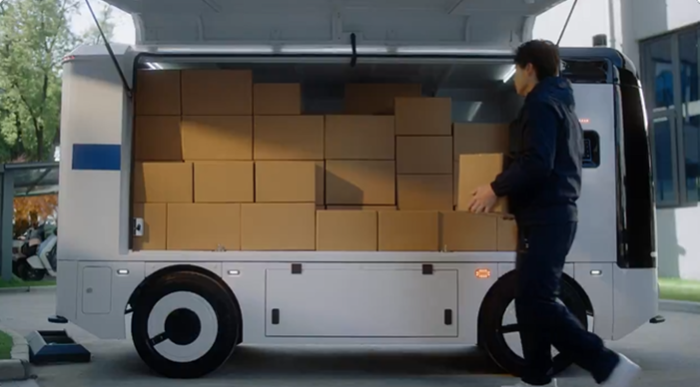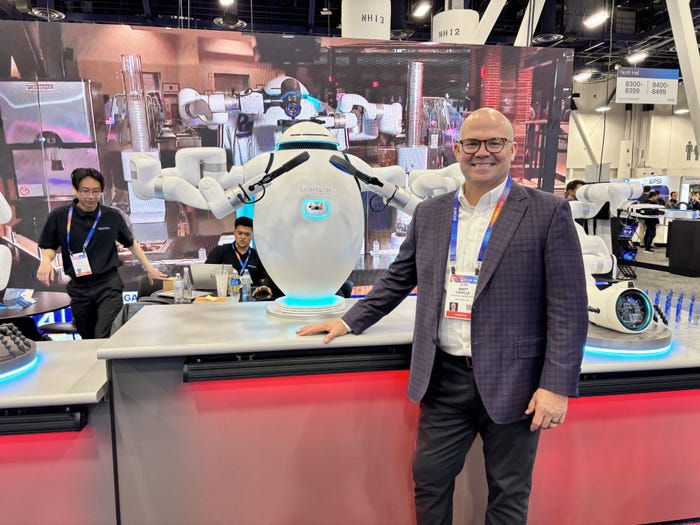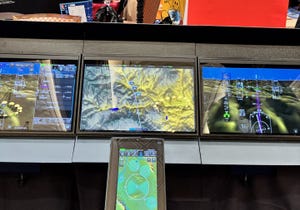
The idea of a future where AI-powered robots have more influence is a concern to some – but Honda has been demonstrating the positive role they can play.
Although more famous for its cars and motorcycles, the Japanese company has also long dabbled in robots – and has now developed an AI-driven “social bot” called Haru which is playing a key role in improving the lives of children undergoing long-term treatment for cancer.
It has proven such a success since trials got underway at the Virgen del Rocio hospital in Seville, Spain, in 2021, that the facility is taking delivery of 10 more examples which will be in full-time use on the pediatric oncology unit until 2027.
Haru, which has been developed by Honda’s Research Institute Japan subsidiary, is an 11-inch-high desk bot that has been created to help patients navigate their treatment programs by engaging them in conversation.
Using its built-in camera and microphones, it studies the facial expressions and voice tones of a child to understand their current state of mind, then responds accordingly. A wearable wristband sensor can also be worn by the user to provide Haru with even greater insight.
Should the bot detect that the child needs a psychological lift, it can tailor its support, using empathetic expressions and emotionally supportive language, to try to make them a bit more enthusiastic about their treatment.
However, beyond the obvious feelgood factor that this delivers, it has other benefits, including allowing neuropsychologists at Virgen del Rocio to undertake more regular emotional and cognitive assessments – with the potential to increase the annual number nine-fold from 510 to as many as 4,500.
Unquestionably, part of the bot’s appeal is its friendly appearance. Haru looks a little like an iMac computer of around 20 years ago, but with two small screens – rather than one big one – sprouting out of an orb-like base. The two small screens can double as “eyes” while LEDS on the base can form a mouth to further encourage interaction.
Haru can also connect the patients with their schools online, allowing them to remain in contact with their friends while receiving lessons at the same time.
A spokesperson for the hospital said: “Haru holds great potential in bringing happiness to children. Typically, technologies used in hospitals focus on medical treatments or physical well-being. But Haru has a positive psychological effect of lightening the mood. We believe that Haru is a groundbreaking presence.”
Honda, meanwhile, claims that Haru demonstrates what an important impact AI can have moving forward.
“Honda Research Institute has been conducting research into cutting-edge technologies which have the potential to enhance positive psychological effects of people and the overall well-being of society,” said Honda’s Satoshi Shigemi. “We will continue our efforts to further advance Haru as a robot which can co-exist with people 24/7 and be more helpful to young patients as well as all hospital staff.”
About the Author
You May Also Like








